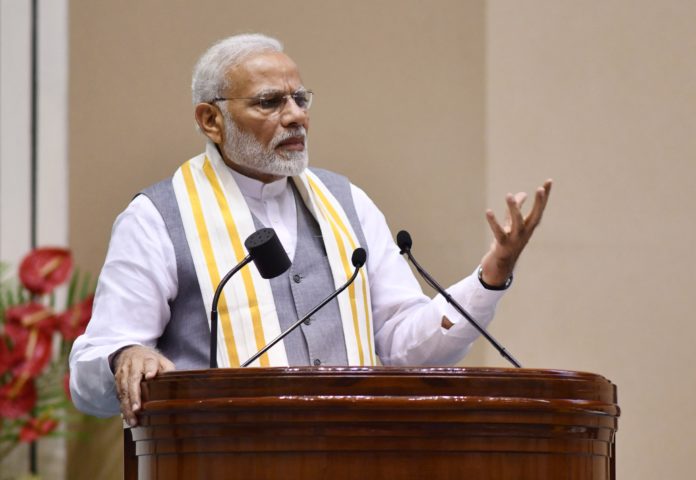Civil society organisations have written to prime minister Narendra Modi ahead of his US visit not to make commitments on intellectual property
Ahead of the Prime Minister Modi’s visit to US to discuss a ‘trade-package’ with US President Donald Trump, Médecins Sans Frontières/ Doctors Without Borders (MSF) and several other civil society organisations have urged the Indian government to not make any commitments regarding intellectual property. Such a move, they said, will impact millions of people who rely on affordable generic medicines produced in India.
India supplies affordable generic medicines to people and governments worldwide, including to MSF’s medical humanitarian projects, which are present in more than 70 countries. The Indian Commerce Ministry and the United States Trade Representative have been hammering out a trade package before the Indian Prime Minister’s visit to the United States scheduled to start this Sunday.
“India should be cautious while signing any trade package or launching trade negotiations with the US that may include harmful provisions threatening India’s ability to produce and supply affordable medical products. Going by past practises, the key focus of the US in any trade pact has always been to prioritise the interests of its pharmaceutical corporations at the cost of people lives. The world can’t afford to see India’s pharmacy shut down to protect the profiteering of U.S. pharmaceutical corporations,” said Leena Menghaney, Head- India & South Asia, MSF Access Campaign.
We are also aware that the US has requested the Government of India to carry out specific amendments to the Indian Patents Act. This is a matter of grave concern. Millions of people in India, state governments and the Ministry of Health rely on domestically produced affordable generic medicines, devices and vaccines to prevent and treat communicable and non-communicable diseases
In a letter to PM Modi, civil society organisations wrote: “We have learned that there is a proposal to conclude a trade deal as well as eventual initiation of negotiations on Free Trade Agreement (FTA) with the US, raising serious concerns on issues regarding access to medicines and medical devices. We are also aware that the US has requested the Government of India to carry out specific amendments to the Indian Patents Act. This is a matter of grave concern. Millions of people in India, state governments and the Ministry of Health rely on domestically produced affordable generic medicines, devices and vaccines to prevent and treat communicable and non-communicable diseases. As you are aware, India is ‘the pharmacy of the world’ for the pivotal role that it plays in supplying affordable medicines and vaccines used throughout the world.”
They expressed concerns about the harmful effects that the United States proposal will have on India’s capacity to act as an important actor in global health. “Since 2003, over twenty million people living with HIV in developing countries have received treatment for HIV and AIDS, largely due to the availability of safe, effective and affordable generic ARVs from India,” the letter added.
The U.S. Trade Representative, activists have alleged, has a long history of throwing every single intimidation and pressure tactic at the Indian government to undermine price lowering competition from its manufacturers of medicines and other medical products.
Already in the run up to the visit, news reports have indicated that US pharmaceutical corporations backed by the US ambassador are pressurising the Indian government to give up health safeguards like price control on essential medical devices. This, MSF said in a statement, is deeply problematic precedent as it makes India’s policy space susceptible to pressures from major pharmaceutical corporations, who have sought to constantly undermine generic competition in the past.


